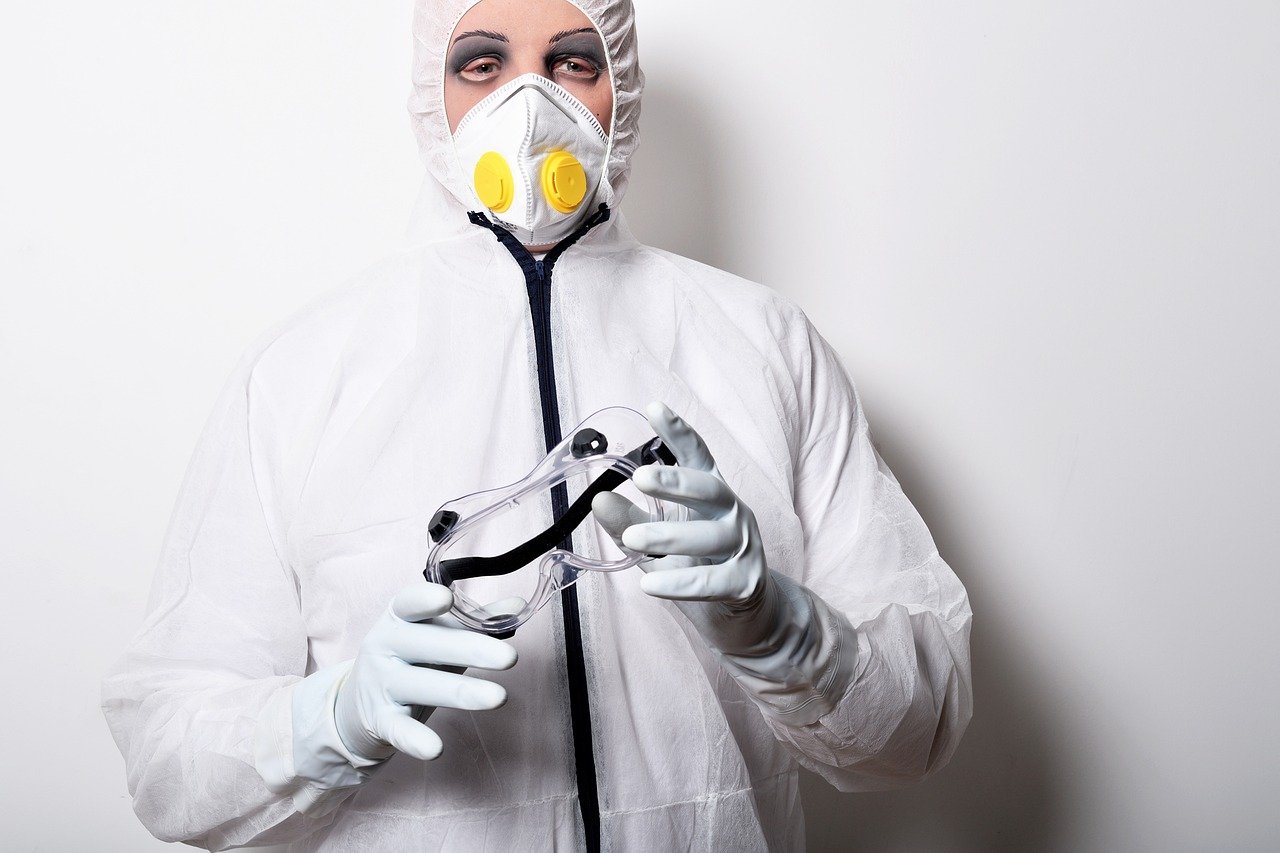Scientists have made an exciting discovery about the immune system, revealing a hidden function that could lead to new antibiotics. This breakthrough changes how we understand the body’s defense against infections and offers hope for tackling antibiotic-resistant bacteria.
At the center of this discovery is the proteasome, a tiny structure inside every cell that normally breaks down old proteins for recycling. Researchers have found that when bacteria infect a cell, the proteasome switches roles. Instead of just breaking down proteins, it repurposes them into powerful antibacterial molecules that attack harmful bacteria.
Experts believe this could be a goldmine for new antibiotics, offering a natural defense mechanism that has been hidden within us all along. The researchers tested these natural antibiotics in the lab and on mice, showing promising results similar to some existing antibiotics. When they disabled the proteasome, the cells became more vulnerable to bacterial infections like Salmonella.
This discovery has excited scientists worldwide. It sheds new light on how the immune system fights infections and opens a fresh path for antibiotic research. Given the growing concern over drug-resistant superbugs, this hidden defense system could be the key to developing safer, more effective treatments in the future.
While further studies are needed before these findings can be turned into medicines, experts are optimistic. Since these antibacterial molecules already exist in the human body, developing them into drugs may have fewer safety concerns.
With millions of lives at risk due to antibiotic resistance, discovering a new way to fight bacteria inside our own cells is a major breakthrough. Scientists now have a new place to look for future antibiotics, offering hope for better treatments and a stronger immune system.





















